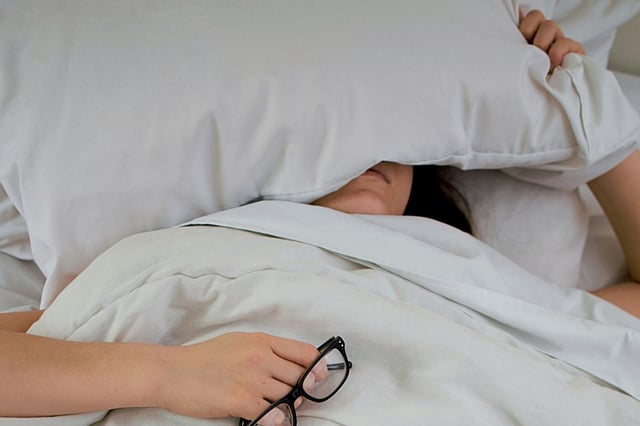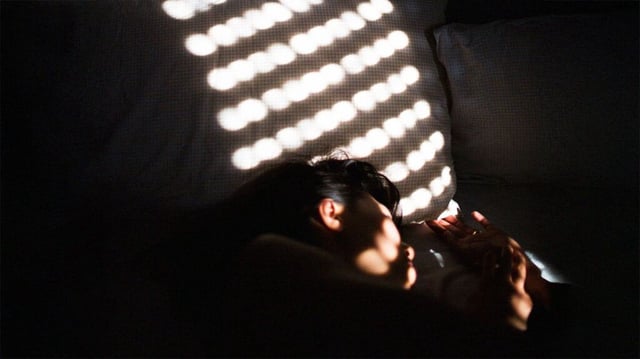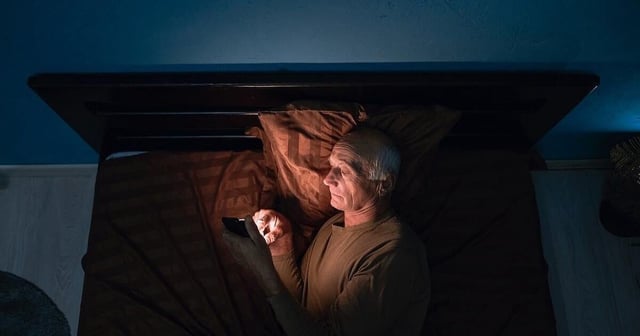Overview
- Researchers assessed more than 27,500 middle-aged and older adults by comparing AI-estimated brain age from MRI scans with baseline sleep questionnaires.
- Participants with poor sleep had brains that appeared about one year older than their chronological age on average.
- The brain age gap increased by roughly six months for each one-point drop on a five-factor healthy sleep score.
- The link was more pronounced in men than in women in this cohort, according to the study authors.
- The eBioMedicine report emphasizes the results are associative and urges randomized trials and clinical evaluation of treatable sleep disorders.


